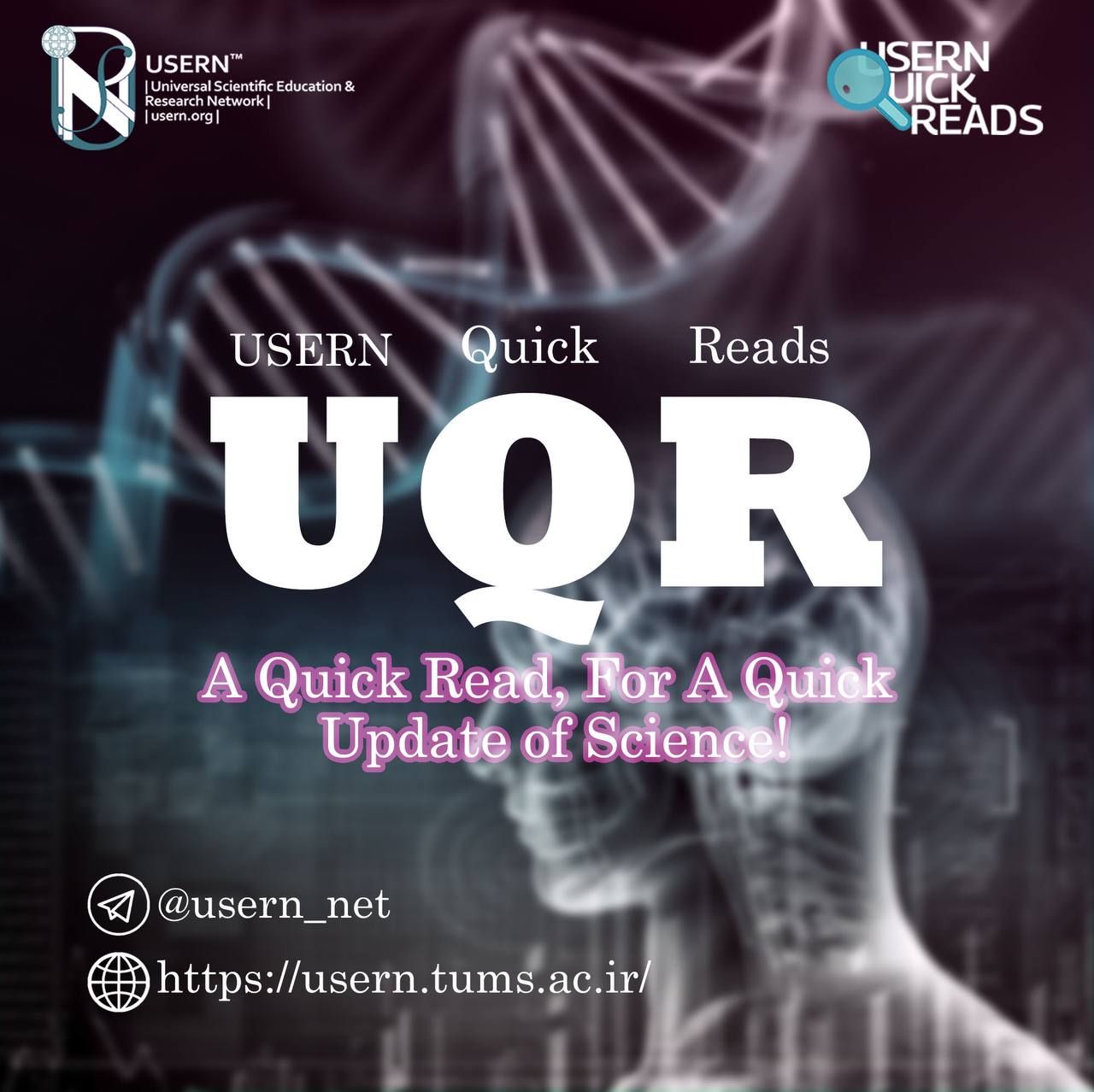Quick Reads
Treat Gun Violence as a Public Health Issue

In a Recent Published in The September Issue of NEJM, Dr. Wintermute Addresses Mass Shooting as a Public Health Issue and Provides Interesting Facts and Suggestions. Keep Reading through This Fourth #UQR Article to See a Scientist’s Way of Approaching a Global Social Issue, Like Gun Violence.
Treat Gun Violence as a Public Health Issue
Adapted from: The New England Journal of Medicine
Scrolling through a bar showing per capita values of "gun violence" in the United States, surprisingly available from 1981, reveals a shocking pattern, no identifiable trend in increase or decrease of the number of total deaths or suicide via gunshot, but a shocking explosion in the rate of mass shootings in USA in the past decade. In a recent published in the September issue of NEJM, Dr. Wintermute addresses mass shooting as a public health issue and provides interesting facts and suggestions. Keep reading through this fourth #UQR article to see a scientist’s way of approaching a global social issue, like gun violence.
"Background checks" and "restraining orders", these are legislated as prerequisites to buy a firearm in only 20 states and adopted by only 13 states throughout the USA. Using background checks certainly lowers the likelihood of a violent person buying and using a firearm or other types of weapon and getting arrested for that. This gives a hopeful 25% decrease in the incidence of arrest for a gunshot-related felon, or someone convicted of a previous violent attack. But what does it mean for society? No doubt that background checks in some states, like Massachusetts and California, have likely have saved lives and could potentially save many more in the future. Ironically, however, policies banning firearm purchasing has not prevented deadly shooting to occur in Washington, Pennsylvania, or California, stating that there is a missing chain to this deadly causality web, drawn by Wintermute. So what makes these policies to fall short of their expected effectiveness when it comes to reducing population-level rates of violence?
At first look, it might happen to us that maybe if not all gunshot transactions are registered? In many states? This is true in many states, as up to 22% of all transactions are carried through private parties, without a background check! But this does not satisfy the curious mind of a public health specialist. What is missing? Enforcing a background check is not easy when there is a substantial underreporting of violent actions that would prohibit someone from purchasing a weapon. The military branches and federal agencies in the United States are constitutionally required to report these prohibiting events, even domestic violence inflicted by their employees! This is not, unfortunately, a federal mandate to state and local agencies.
The rules also read vague: "adjudicated as a mental defective or…committed to a mental institution” and “unlawful user of or addicted to any controlled substance". These are almost as vague as definitions for mental health, adverse drug use and addiction. This time, however, we face demons, not just psychiatry patients.
A second restraining order is set by courts in assistance with violence victims and mental health practitioners. This allows a court to temporarily disarm a person posing imminent hazard, based on a petition of a victim or a person in danger. Gun-violence restraining orders, waiting period for firearm purchases, are emergency act-forces for extreme-risk-protection orders, yet have proved to be successful in Connecticut’s and Indiana has proved efficacy in reducing violent suicide attempts using gunshots. This is an important example of how physicians, families and law enforcements parties can come together for a good cause. Wintermute goes on by proposing some real-life actions to prevent firearm violence, finishing: "mass shootings are changing the character of public life in the United States and creating unprecedented demand for action. The policies described here are not "gun control", whatever that term means. They uncouple harmful behavior from its consequences and help preserve our fundamental right to live safely in a free society".
Source: https://www.nejm.org/doi/full/10.1056/NEJMp1807277?query=featured_home
